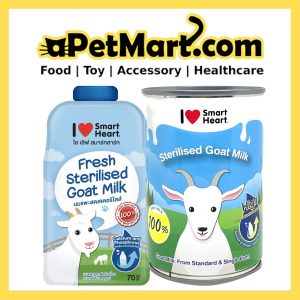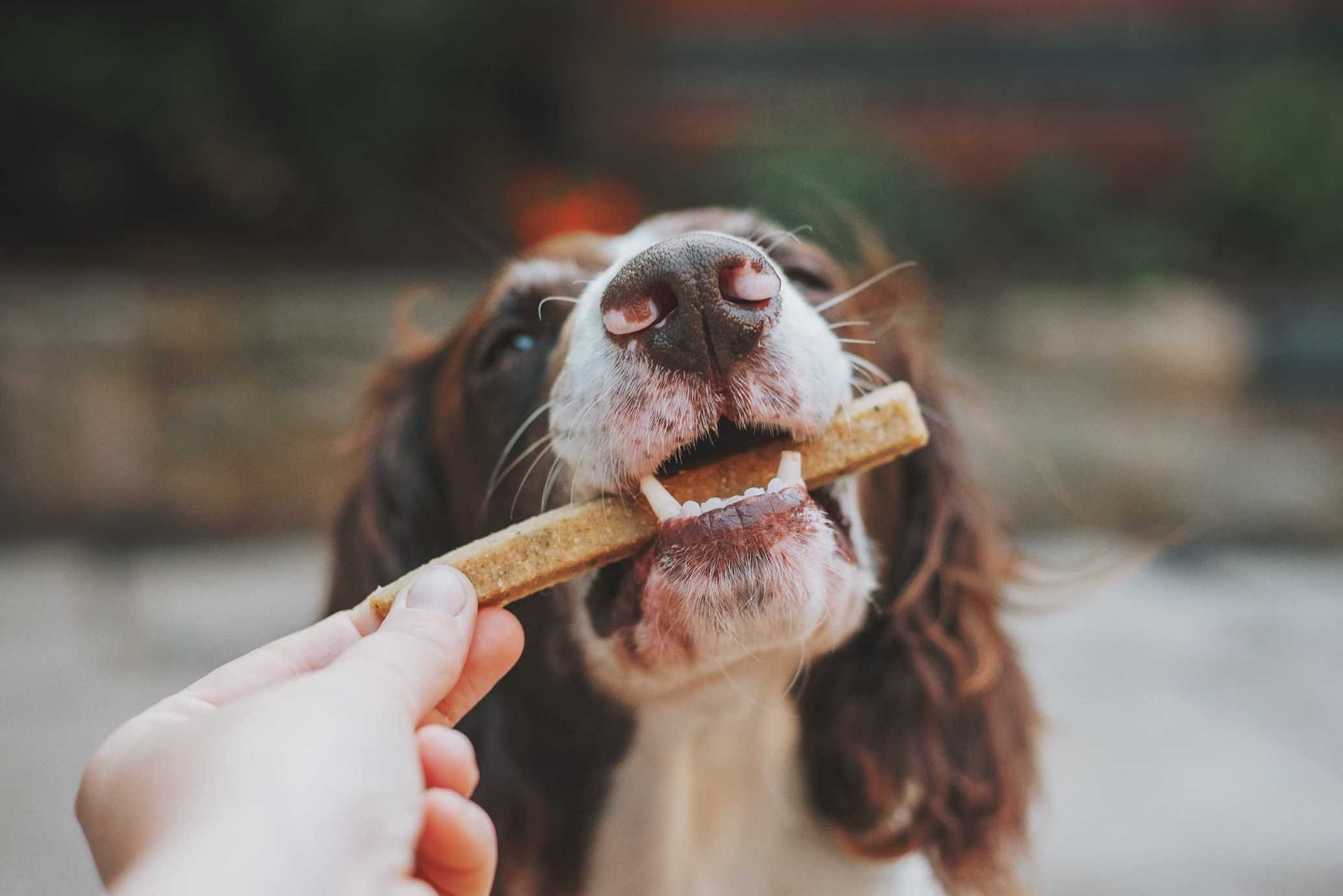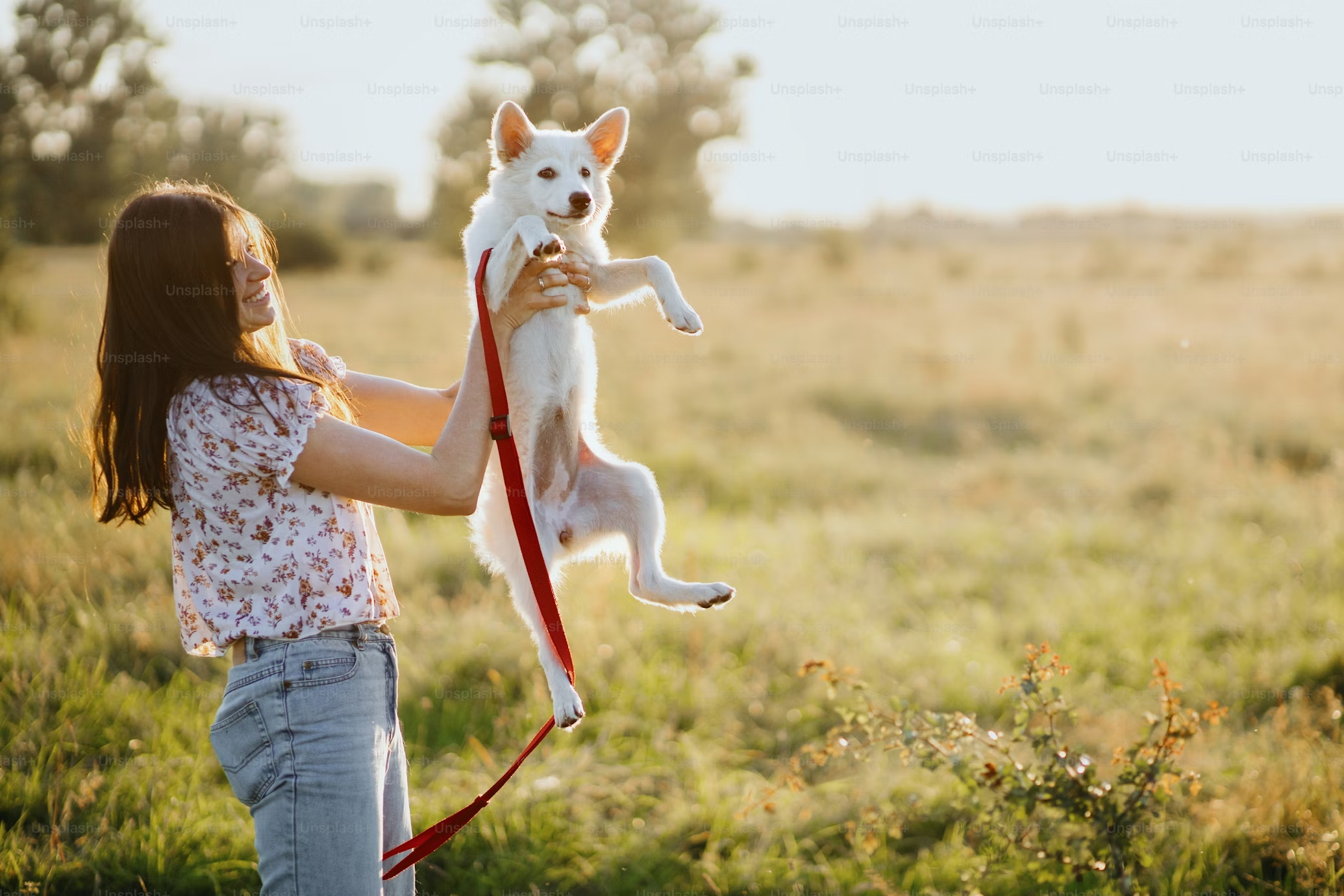
As dog owners, we often find ourselves tempted to share our food with our furry friends. Their pleading eyes and wagging tails can be hard to resist. However, not all human foods are safe for dogs, and feeding them the wrong items can lead to serious health issues. In this comprehensive guide, we’ll explore the implications of feeding your dog certain kinds of food, types of human foods that are safe for them, and provide alternatives and proper treats that can keep your dog healthy and happy.
Implications of Feeding Dogs Certain Human Foods
While some human foods are safe and even beneficial for dogs, others can be harmful or toxic. Here’s a look at the implications of feeding dogs certain kinds of food:
1. Toxic Foods
- Chocolate: Contains theobromine, which is toxic to dogs and can cause vomiting, diarrhea, and even death.
- Grapes and Raisins: Can lead to kidney failure in dogs, even in small amounts.
- Onions and Garlic: These can cause damage to a dog’s red blood cells, leading to anemia.
2. Foods to Feed with Caution
- Fatty Foods: Foods high in fat, like bacon or sausages, can lead to pancreatitis. Always remove excess fat and avoid giving fatty foods regularly.
- Salt: Excessive salt can cause sodium ion poisoning in dogs. Be mindful of salt content in any food you share.
- Nuts: While some nuts like peanuts are safe in moderation, others like macadamia nuts are toxic. Always research before feeding.
Common Human Foods Safe for Dogs
1. Vegetables
- Carrots: Low in calories and high in fiber and vitamins. Carrots are great for dogs’ teeth and overall health.
- Green Beans: Packed with vitamins and minerals, green beans can be served raw, steamed, or canned (ensure they are salt-free).
- Peas: Rich in vitamins A, B, and K, peas are a healthy addition to a dog’s diet.
2. Fruits
- Apples: A good source of vitamins A and C, apples can help clean your dog’s teeth. Remove the seeds and core before feeding.
- Blueberries: High in antioxidants, blueberries are excellent for boosting your dog’s immune system.
- Bananas: A great source of potassium and fiber, bananas can be given in moderation.
3. Proteins
- Chicken: A lean protein that can be served cooked without any seasoning. Avoid giving dogs cooked bones as they can splinter.
- Turkey: Similar to chicken, turkey is a lean protein source that should be given plain and cooked.
- Fish: Rich in omega-3 fatty acids, fish like salmon can improve your dog’s coat and skin health. Ensure it’s cooked thoroughly and boneless.
4. Grains
- Rice: White rice is often used to soothe an upset stomach in dogs. It’s easily digestible and can provide energy.
- Oatmeal: A good source of fiber, oatmeal can help with digestive issues and is safe for dogs with wheat allergies.
5. Dairy
- Plain Yogurt: Full of probiotics, plain yogurt can aid in digestion. Make sure it’s free of artificial sweeteners like xylitol.
- Cheese: In moderation, cheese can be a tasty treat. Opt for low-fat options and be cautious if your dog is lactose intolerant.
Proper Alternatives and Treats for Dogs
Feeding your dog the right treats can be a healthy and rewarding part of their diet. Here are some recommended treats and alternatives:
1. Homemade Dog Treats
- Peanut Butter Biscuits: Combine whole wheat flour, oats, and peanut butter to make delicious homemade biscuits.
- Pumpkin Bites: Mix canned pumpkin, eggs, and flour to create healthy and tasty pumpkin bites for your dog.
2. Store-Bought Alternatives
All of our products have been hand-picked and curated with love and care. Here are some of the treats available in our store:
Feeding Guidelines and Tips
When introducing new foods to your dog’s diet, it’s important to do so gradually to monitor for any adverse reactions. Here are some tips:
- Portion Control: Even healthy foods should be given in moderation to avoid obesity and digestive issues.
- Balanced Diet: Ensure your dog’s primary diet is balanced and nutritionally complete. Treats and human foods should not exceed 10% of their daily caloric intake.
- Consult Your Vet: Always check with your veterinarian before introducing new foods, especially if your dog has any underlying health conditions.
Conclusion
Sharing food with your dog can be a wonderful bonding experience, but it’s crucial to know which foods are safe and which are harmful. By sticking to safe options like carrots, apples, and lean proteins, and avoiding toxic foods like chocolate and grapes, you can ensure your furry friend stays healthy. Additionally, opting for proper dog treats and maintaining a balanced diet will contribute to their overall well-being.
For more information on safe foods for dogs and healthy treat options, check out the links provided and consult with your veterinarian. Your dog’s health is in your hands, and with the right knowledge, you can make the best choices for your beloved pet.
Check out our other articles regarding your pet’s health:

Werner is an avid pet lover. Despite his love for pets, the only experience he has regarding animals is Animal Crossing on the Nintendo Switch.
“Animals are cute and we should protect them.”
Share this:
- Click to share on WhatsApp (Opens in new window) WhatsApp
- Click to share on Facebook (Opens in new window) Facebook
- Click to share on LinkedIn (Opens in new window) LinkedIn
- Click to share on Pinterest (Opens in new window) Pinterest
- Click to share on Tumblr (Opens in new window) Tumblr
- Click to share on X (Opens in new window) X
- Click to share on Reddit (Opens in new window) Reddit
- Click to share on Telegram (Opens in new window) Telegram
- Click to email a link to a friend (Opens in new window) Email
- Click to print (Opens in new window) Print































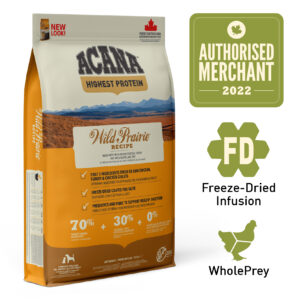
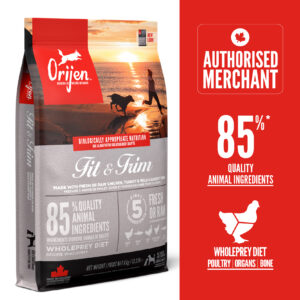
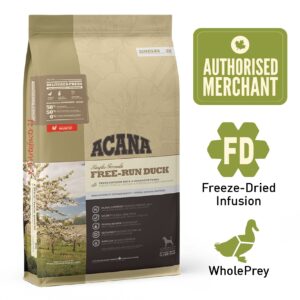
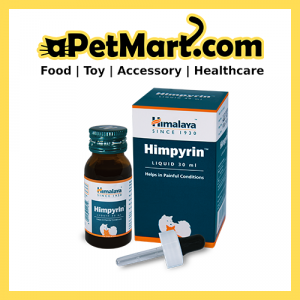
![[GOODY BAG] aPetMart Exclusive Goody Bag Cat or Dog food Wet Dry Treats Canned Bags](https://apetmart.com/wp-content/uploads/2023/07/Goody-bag-listing-03-03-300x300.jpg)
